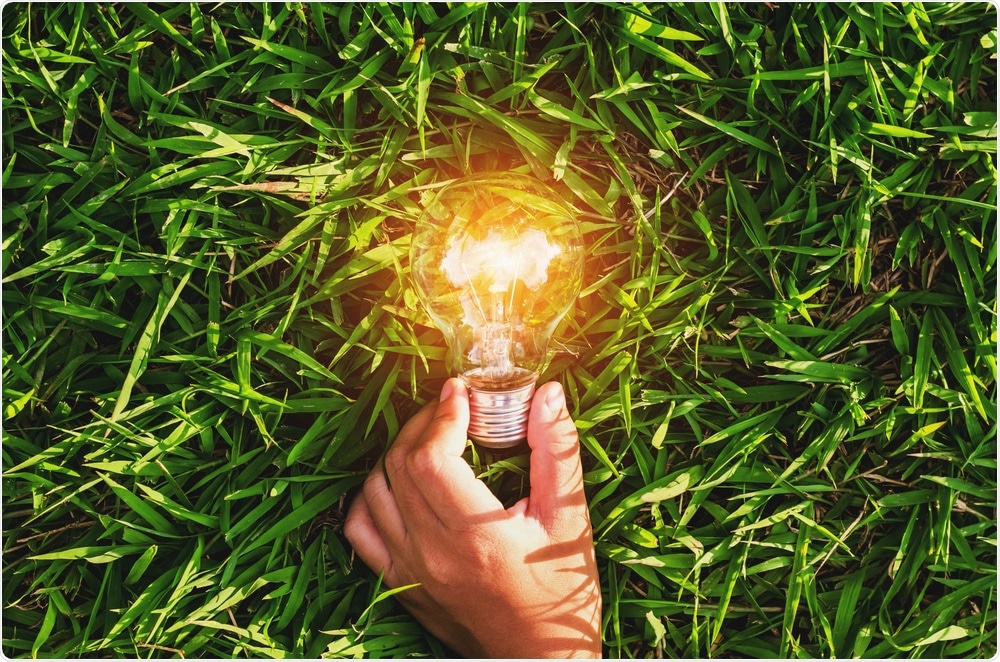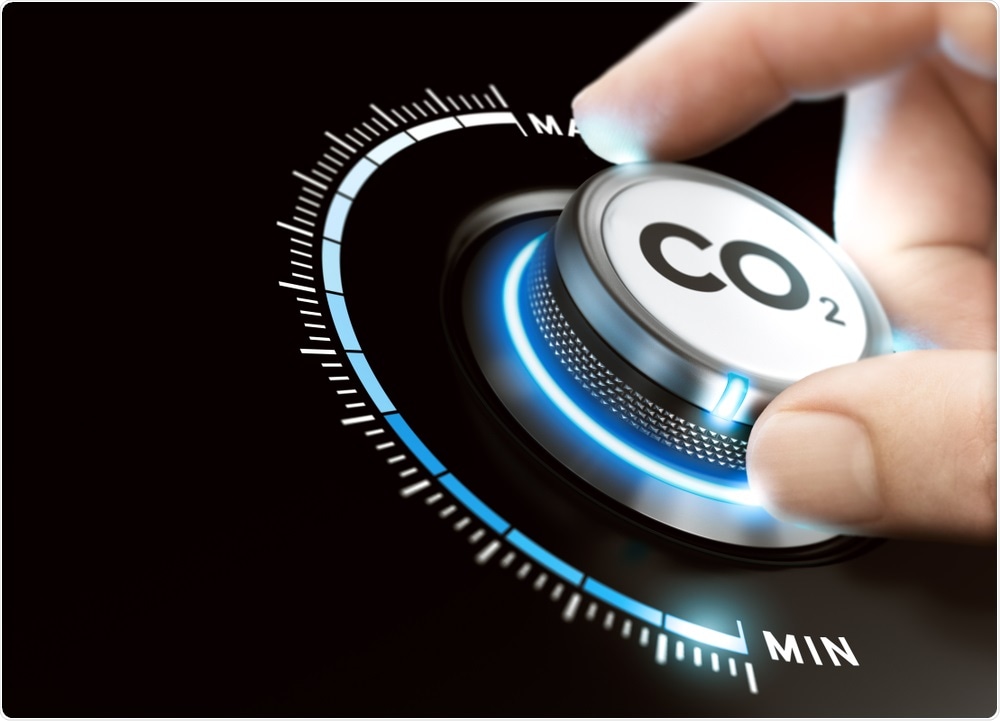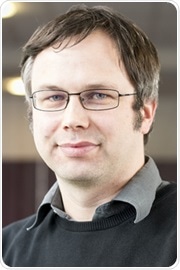Professor Ulf Liebe speaks to AZoLifeSciences about tackling climate change using green energy, and the behavioral challenges surrounding climate change mitigation.
What provoked your research into climate change and green energy?
I have a long-standing interest in environmental behavior and have conducted several studies on the social acceptance of renewable energies. This is an important topic because renewable energy can clearly contribute to combating climate change, one of the biggest challenges around the globe.
However, more renewable energy production also implies the construction of new power plants and, in many countries, new power plants are not always welcomed at the local level. This creates a need for a better understanding of what factors drive the social acceptance of renewable/green energy expansion.
Another challenge related to climate change and green energy is how to change consumers’ behavior towards more sustainable consumption patterns, including the usage of green energy. While social scientists measure high degrees of environmental and climate change concern around the globe, this does not seem to translate into corresponding behaviors, such as renewable energy uptake.
This creates the challenge of how behavioral changes towards sustainable societies can be achieved. In my view, these are interesting and very relevant research puzzles.

Green Energy. Image Credit: lovelyday12/Shutterstock.com
How is climate change affecting the world we live in?
In my view, there is ample evidence that climate change is affecting all domains of life, referring to ecological, economic, and social aspects. These three aspects need to be thought together.
For example, we might have many technologies which can contribute to climate change mitigation, but they will only work if they are socially accepted and economically sustainable.
What is meant by the term ‘green energy’?
In my research field, green energy mainly refers to energy production from renewables such as solar, wind, and biomass.
How does green energy help us to cut down CO2 emissions?
Green energy can help to cut down emissions by replacing fossil fuels such as coal, natural gas, and oil. Especially, in countries with a large share of fossil fuels, switching to renewables can have massive effects on reducing CO2 emissions.
Can you describe how you carried out your latest research into green energy?
Together with my colleagues, Jennifer Gewinner and Andreas Diekmann (both ETH Zurich), we examined how green energy defaults can affect consumer decision-making in the household and business sectors.
We analyzed field data from two Swiss electricity suppliers (over 200,000 households and 8,000 enterprises) who introduced a green default option. They offered 100% renewable energy as their standard product and gave customers the possibility to switch to non-renewable energy. The green default option was slightly more expensive than the non-renewable energy option. We had the possibility to analyze data for six years and hence see how stable default effects are over time.
Further, looking at electricity consumption values of households and enterprises, we were able to investigate moral licensing: by doing something good for the environment and consuming green energy, individuals might perceive an increased level of resource consumption as legitimate.
What did you discover?
We found a massive default effect in both the household and business sectors. Before the introduction of the green default, between 97% and 99% of the customers consumed non-renewable energy.
After the introduction of the green default, these numbers decreased to 11% to 23%, with 75% to 89% of the customers using green energy. This effect was stronger in the household sector compared with the business sectors, and it was stable over at least four years. We also did not find indications of moral licensing: there was no disproportionate increase in electricity consumption when accepting the green default.
Compared with men, women in both the household and business sectors were slightly more likely to accept the green default. This gender difference can partly be explained by differences in environmental concern: many studies show a higher environmental concern of women compared to men.
What other things can people and companies do to help reduce their CO2 emissions?
In my view, one of the most important factors is to reduce resource consumption, broadly defined. This includes CO2 emissions related to food consumption (e.g., meat consumption) and travel behavior (e.g., business travels).

Reducing CO2 emissions. Image Credit: Olivier Le Moal/Shutterstock.com
Do you believe that if more households and companies switched to green energy sources, we could potentially reduce the impacts on climate change?
The short answer is yes, but this type of behavior change is only one small part of mitigating climate change.
We need a more comprehensive approach, focusing on all aspects of society. This involves lifestyle changes and exploring structural changes towards a post-growth economy.
What are the next steps in your research?
I will continue studying environmental behavior and also focus more on topics such as environmental justice. Concerning climate change mitigation, in a research collaboration, we are currently investigating the social acceptance of carbon sequestration and afforestation.
Where can readers find more information?
Research paper on green default effects: https://www.nature.com/articles/s41562-021-01070-3
News & Views on green default effects: https://www.nature.com/articles/s41562-021-01071-2
Research paper on local acceptance of wind power: https://www.sciencedirect.com/science/article/pii/S0301421517302689
News & Views on wind power acceptance: https://www.nature.com/articles/nenergy2017128
Research paper on acceptance of and intentions to protest against renewable energy expansion: https://www.sciencedirect.com/science/article/pii/S2214629618303384
About Professor Ulf Liebe
Ulf Liebe is a Professor of Sociology and Quantitative Methods at the Department of Sociology at the University of Warwick, United Kingdom. He is also the Director of the Warwick Q-Step Centre. Before joining Warwick University, he held positions at Universities in Bern (Switzerland), Goettingen, Kassel, Leipzig, and Mainz (all Germany).
He holds a Diploma in Sociology with Economics as a minor subject from the University of Leipzig and a Doctorate in Sociology from the University of Mainz. His research interests include environmental behavior, sustainability, discrimination, and multifactorial survey experiments. He has been part of and led many projects on these topics and enjoys working in interdisciplinary areas.